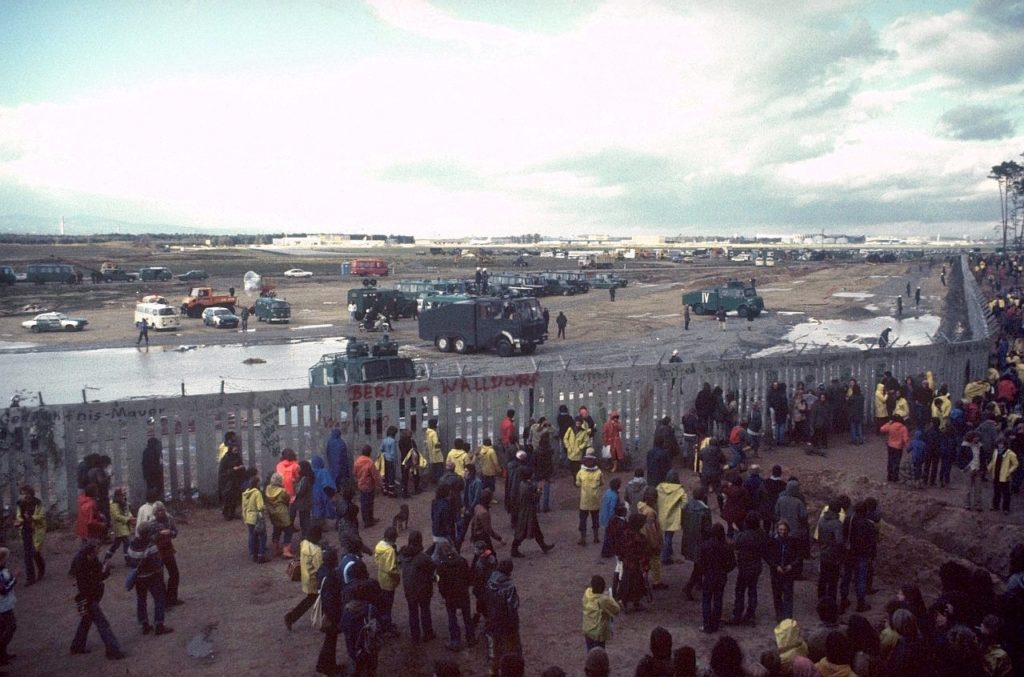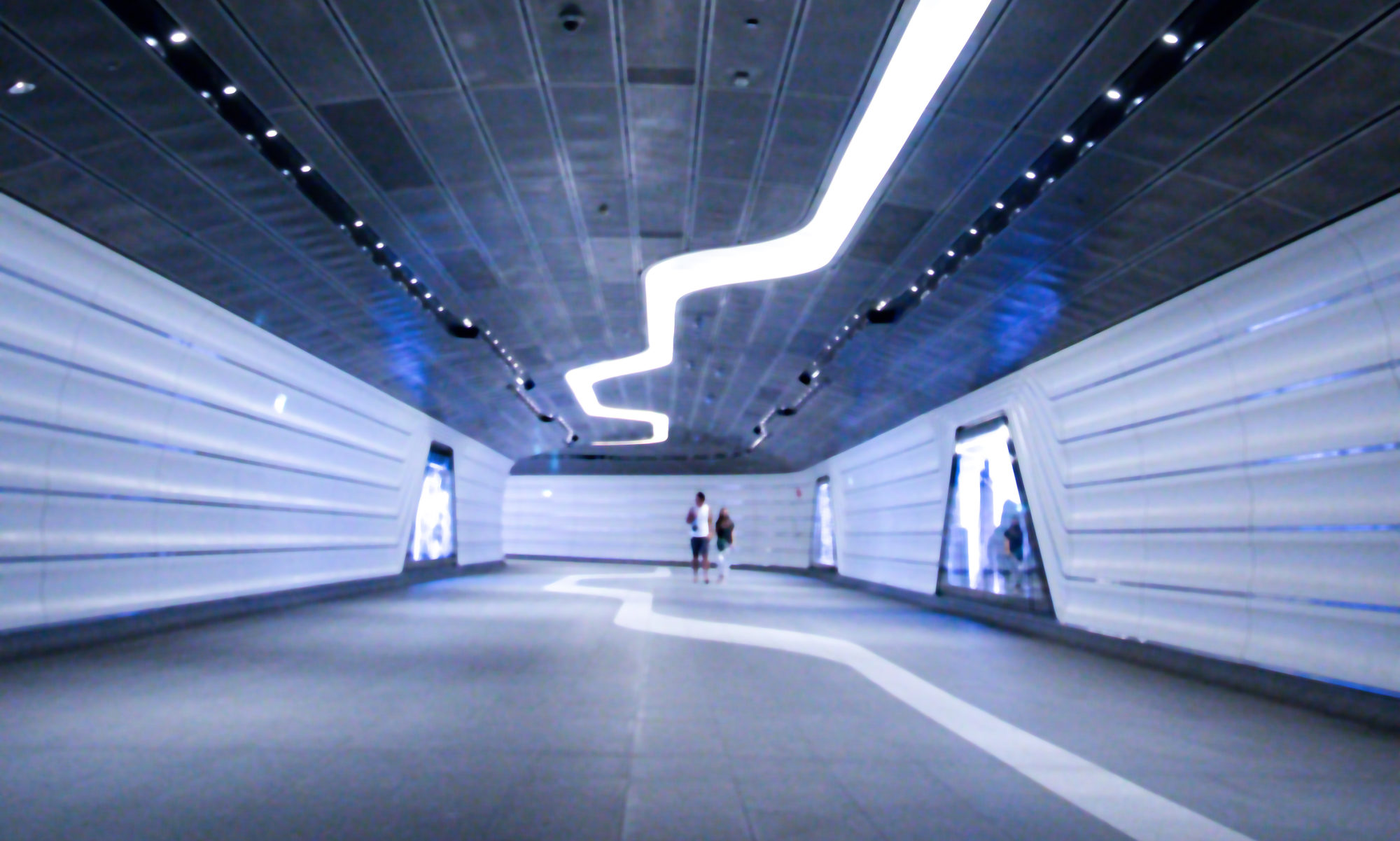29 November 2018 – 12:00 pm – 1:30 pm in Pugh Hall 302

The expansion of Frankfurt airport was a fiercely contested issue in the 1970s and early 1980s. The construction of a new runway galvanized the German ecological movement and the residents of the surrounding area in a long conflict with airport managers and politicians. The events highlighted the peculiar position of infrastructures in a modern landscape, as tentacles of the technosphere invaded formerly quiet suburban neighborhoods. How do we tell the history of such objects, what approaches and categories make them tangible for our narratives of technological mobility?

Michael Schuering is DAAD Visiting Associate Professor of History at the University of Florida. He has studied History, Political Science, and History of Science in Munich and Berlin and worked for the research program „History of the Kaiser Wilhelm Society in the National Socialist Era“ from 2000 until 2004, the same year he received his PhD from the Humboldt Universitaet, Berlin. His Dissertation was entitled „Minervas verstoßene Kinder. Vertriebene Wissenschaftler und die Vergangenheitspolitik der Max-Planck-Gesellschaft“ (Minerva’s Outcast Children. Expelled Scientists and the Politics of History of the Max Planck Society) and was published by Wallstein in 2006. In 2004/2005 he worked as an author and advisor for the exhibition „Albert Einstein. Engineer of the Universe“ at the Max Planck Institute for the History of Science in Berlin. In 2006 he conducted research for the Society of German Chemists, working on the history of its predecessor organizations under National Socialism. From 2006 until 2011 he was DAAD Adjunct Assistant Professor at the University of California, Berkeley and from 2011 to 2014 the Scholar in Residence at the Deutsches Museum in Munich where he finished his book on the German protestant churches in the anti-nuclear movement.
